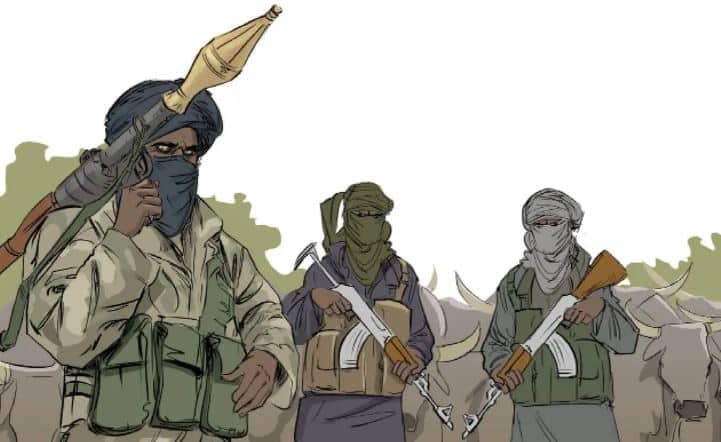The International Monetary Fund has said that countries in sub-Saharan Africa need international funding to tackle some of the macroeconomic imbalances in the region.
This was disclosed on Thursday at the presentation of the IMF Fall 2024 Regional Economic Outlook: Sub-Saharan Africa at the Lagos Business School.
During her presentation of the report an economist from the African Department, IMF, Athene Laws, said, “The outlook is clouded by uncertainties with risks tilted to the downside. Some risks are domestic, some are regional and some are global. Some examples include climate change.
“Long-lasting dry spells and catastrophic floods have worsened food insecurity, epidemics, volatility in commodity prices, a possible slowdown in advanced economies and of course volatility in financial markets.
“Looking ahead, the region will continue to grapple with a very difficult environment marked by still elevated inflation, high borrowing cost, foreign exchange rate cost, and persistent fragility in some countries.
“Our message, the policy mix needs to be carefully calibrated based on the size and metrics of the macroeconomic imbalances. Different circumstances require different approaches. Protecting vulnerable groups is key and international financial support would be crucial for this group of countries.”
Laws revealed that IMF has disbursed more than $60bn to the sub-Saharan region since 2020 with over $5bn disbursed in 2024, so far 26 countries have ongoing IMF financing arrangements, of these, 11 countries have an arrangement under the Resilience and Sustainability Facility, which provides affordable long-term financing to members to help them address structural challenges from climate change and pandemic preparedness.
During the ensuing panel discussion, the Deputy Director, IMF African Department, Catherine Pattillo, called for reforms to drive inclusive growth.
“How do you make yourself more resilient? Reforms in energy sectors, addressing underlying security issues, but for bigger opportunities, I would point to the need for this growth to increase and lead to more, you know, widespread productivity gains and jobs. You know, it can’t be growth that’s very enclave-driven, just one part of the country that has broad-based growth that creates jobs. Second, there is demographic transition and an incredible increase in the workforce population in the region.”
Economist and Chief Executive Officer of Financial Derivatives Company,
Bismarck Rewane during the panel discussion pointed out that in Nigeria, “It’s important that reforms be accelerated. We must address the issues of governance. We must take some very, very massive unorthodox steps in dealing with power supply, telecommunication, digital technology to make sure that security is covered and also we must be able to reduce the gap in income opportunities.”
Chief Economist of Nigerian Economic Summit Group, Olusegun Omisakin, challenged the governments in the region to do better in communicating their policies saying, “In the policy space, communication is not an afterthought. It is not something that comes after the policy and I think that is something in this region, governments, ministers, and special advisers should learn.
“The policy process is an act of communication, policy initiation, and ideation depending on communication with the stakeholders. So you don’t come up with something and throw it at people like the example of the currency redesign. For me, communication is what you start before you produce your policy and what you do when you are done with the policy. It is a process that we need to start appreciating in this environment where people listen more to what you say than the actual impact of what you are doing.”
The Dean of the Lagos Business School, Professor Chris Ogbechie, who was represented by Dr Uche Attoh described the report as one that would provide insight “into economic challenges in our region, address economic challenges and uncover opportunities for sustainable growth and development.”
The IMF report maintained that monetary policy is likely to vary across the region, “While most countries in the region have been ‘on pause,’ several have tightened in 2024. Countries with still-elevated inflation may require further tightening.
“Those with near-target inflation can gradually ease to a more neutral stance, in close cooperation with other policies.”

 2 hours ago
28
2 hours ago
28















 English (US) ·
English (US) ·